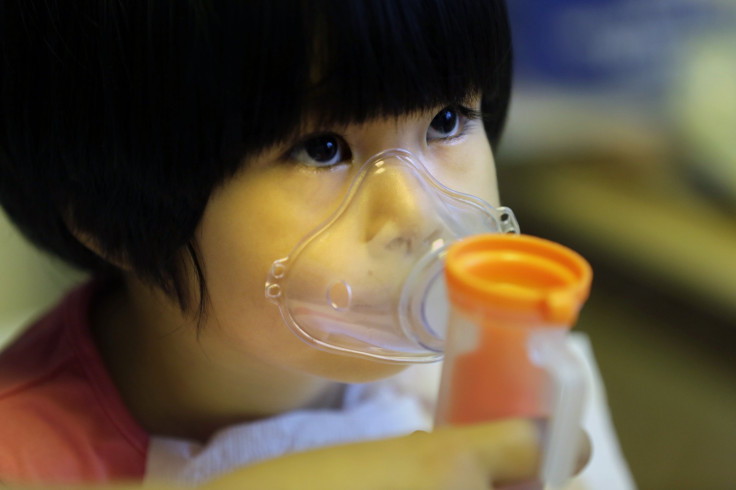Australian scientists create new sound waves to deliver insulin, vaccines needle free

Experts from RMIT University in Melbourne have successfully created a new class of sound wave that could potentially improve stem cell therapy. The discovery is now being used to develop a more efficient nebuliser to deliver any vaccine and drugs directly to the lung.
The team created the new hybrid wave using a combination of two types of acoustic sound waves called bulk waves and surface waves. These waves can manipulate highly fragile stem cells without causing damage or affecting their quality, the researchers said in a report published in the journal Advanced Materials.
“We have used the new sound waves to slash the time required for inhaling vaccines through the nebuliser device, from 30 minutes to as little as 30 seconds,” said Dr Amgad Rezk, from RMIT’s Micro/Nano Research Laboratory. “But our work also opens up the possibility of using stem cells more efficiently for treating lung disease.”
Sound waves can help nebulise stem cells straight to a target site within the lung. The new technique was used in a device, called HYDRA, to repair damaged tissue.
HYDRA converts the electricity passing through a piezoelectric chip into vibration or sound waves which then turn liquid into a spray. “It’s basically ‘yelling’ at the liquid so it vibrates, breaking it down into vapour,” Rezk said.
The device allowed the experts to nebulise medicine up to 5ml per minute from around 0.2ml per minute, which is considered “a huge difference,” he added. “This is a real game changer for stem cell treatment in the lungs.”
The researchers are using the HYDRA device to improve the effectiveness of a new type of nebuliser called Respite. The cheap, lightweight and portable nebuliser can deliver precise drug doses to patients with asthma and cystic fibrosis, as well as insulin for diabetics and needle-free vaccinations to infants, the researchers said.





















